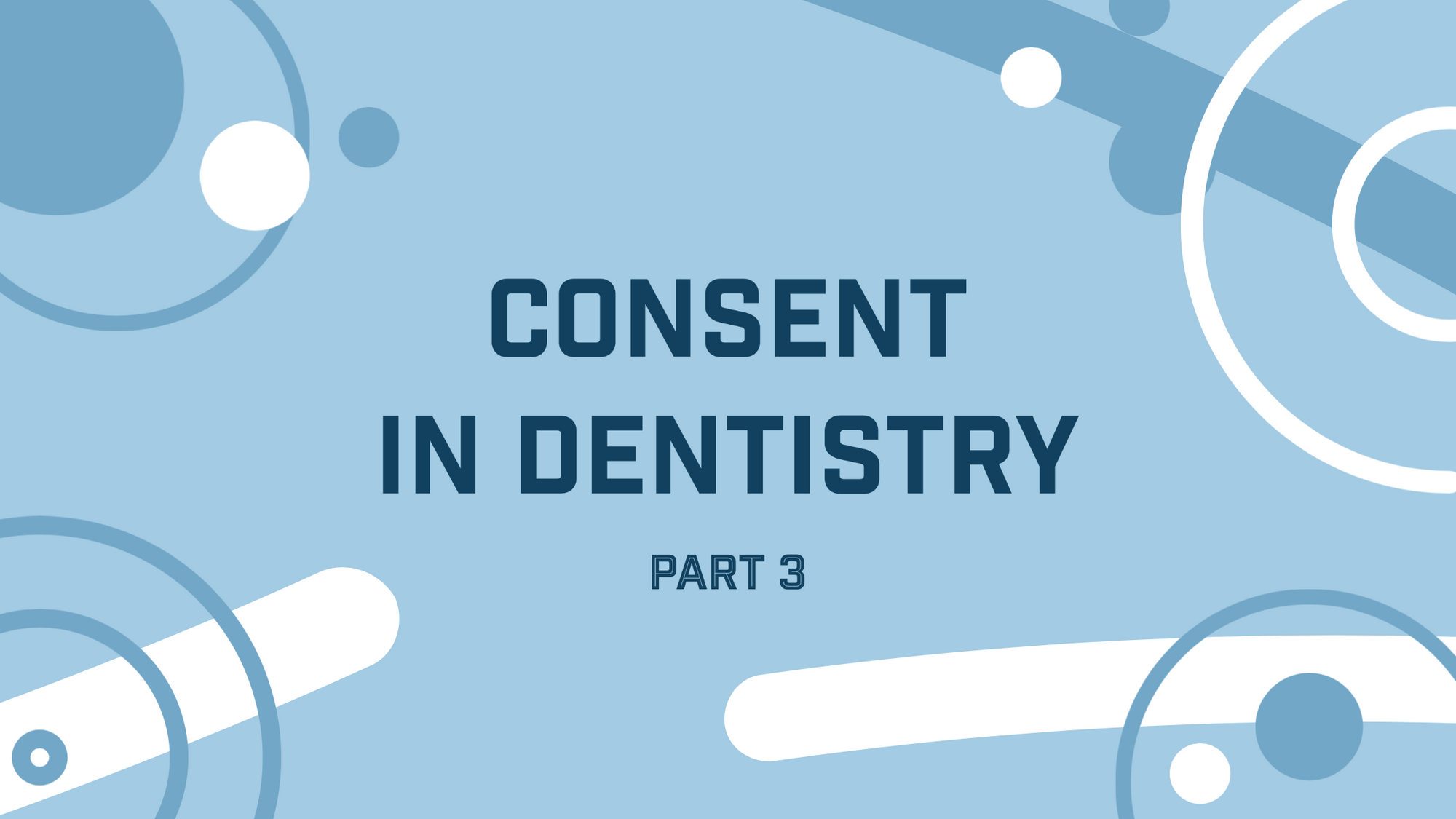Children
In cases where children are unable to give consent or where the child is able to consent but refuses to do so, the law allows for proxy consent either by parents (or someone having parental authority) or the courts. This is to protect the child’s future autonomy and the goal is to protect children until they are able to make decisions for themselves.
The law splits children into two categories those 16 and over and those under the age of 16
Children Over 16
Under English law if you are over 18 years of age you are considered an adult and presumed competent; this principle has been modified with regard to health care treatment decisions. This means that someone who is 16/17 years of age can consent as if they are an adult so can give valid consent to any surgical, medical or dental treatment, without regard to their parents’ wishes.
Although health care professionals may assume that a child’s consent is valid,16- and 17-year-olds do not have complete autonomy as their consent can be overridden by a court ‘in their best interests’ (but not by a parent).
Children Under 16
A child under 16 can give consent after a test of maturity known as Gillick Competence. This must be assessed for each individual and each procedure. A child who is Gillick competent can consent for themselves without the presence or knowledge of their parents. They are deemed to have sufficient capacity so they fully understand the treatment in such a way that they can communicate it back to you and can weigh up the benefits and risks and retain that information.
Just as with competent 16- and 17-years olds the courts can overrule a Gillick competent child’s refusal or consent, but a parent can only overrule a refusal of treatment.
Assessing Gillick Competence:
Whether a child has sufficient maturity, understanding and intelligence to consent is determined by asking specific questions about their illness and proposed treatment. Capacity is not automatically acquired at a certain age, although the ability to understand normally increases with age. The degree of understanding and intelligence required varies depending on the complexity of the treatment. Some decisions, e.g., orthodontic treatment require a very high level of understanding and intelligence, whereas others, such as a filling will require less developed intellectual maturity. This means a child may be Gillick Competent to consent for one treatment but not another.
When a child is incapable of consenting, the dentist may turn to a guardian for proxy consent which is usually the child’s mother. If there is dispute between parents, it is advisable to seek advice from the court or come to the same decision. In an emergency situation, where a parent cannot be contacted, the child can be treated without consent, but only where treatment is immediately necessary. This does not usually occur in dentistry unless there is a medical emergency.
In summary, a person is unable consent if they are unable to understand and retain the information relevant to the decision and then use this as part of the decision-making process. Once this is done the patient must be able to communicate their decision in some form. To obtain valid consent there are 4 main elements which are: adequate information, competence, voluntariness, and a decision by the patient, as to whether or not to agree to the procedure. There are various laws around consent including: consent in children, consent in patients without capacity and the presentation of information. There are exemptions to consent e.g., in medical emergencies but these rarely occur in dental situations and in these cases the dentist must act in the patient’s best interest to preserve the patient’s life or health.
Words by Golasa Sheikh Akbari (3rd year dental student UoB
